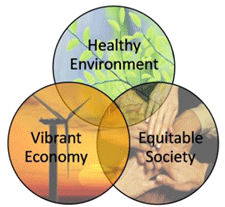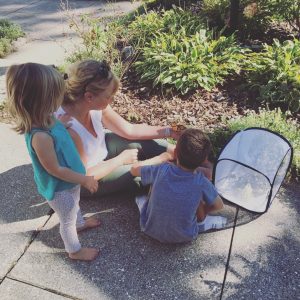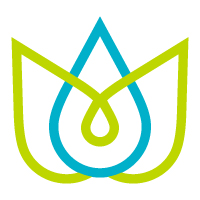By Michelle Gibbs, Office of Sustainability

With the recent turning of the new year and a new school semester starting this week, it is a great time to set a personal goal of “sustainable literacy.”
But what does this mean? The United Nations shares that “sustainability literacy is the knowledge, skills and mindsets that allow individuals to become deeply committed to building a sustainable future and assisting in making informed and effective decisions to this end.”
Sustainability has been described in a number of ways, but the most common definition comes from the United Nations Brundtland Report (1987): “Sustainable development is development that meets the needs of the present without compromising the ability of future generations to meet their own needs.”
Another common description comes from an ancient philosophy, The Great Law of the Iroquois, which calls for thinking about the “seventh generation” – a timeframe of approximately 140 years.
With both of these descriptions, thinking about how our choices today will impact the environment and future generations, especially far into the future, is a critical piece of creating a sustainable world.
So how do we do this? We can implement the “triple bottom line” approach and think not only about the traditional bottom line (or the dollars) impact, but also bring to light the environmental and social impacts. The triple bottom line encompasses economics, social equity, and the environment, now and into the future.

Sustainability is an important concept for everyone to apply and is really “K to gray learning.”
Starting at an early age, children can learn about the natural world as well as their community and how they are a part of both of these systems. As we get older, we can learn about ways our daily choices have an impact on others and the planet, and we can make more thoughtful choices.
“When we see land as a community to which we belong, we may begin to use it with love and respect,” said the great naturalist Aldo Leopold.
Kids and adults can plug into sustainable literacy in Holland in many ways, including:
Get outside and take classes at one of our amazing local parks or nature centers.
Kiddos can participate in summer camps offered by Hope College’s ExploreHope Program.
Participate in local, state, and national government decisions.
Head to Herrick District Library or one of our great local bookstores to find reading materials.
Learn more about Holland’s Sustainability Framework at
www.cityofholland.com/sustainability and the United Nations Sustainable Development Goals at https://sustainabledevelopment.un.org/sdgs.
Attend the monthly “Living Sustainably Along the Lakeshore” events. Save the date for the following spring events:
o Feb. 5, 6:30 p.m. at Herrick District Library — Environment (stormwater,
climate change, and resilient communities)
o March 5, 6:30 p.m. at Herrick — Quality of Life (affordable housing in Ottawa
County)
o April 23, 6:30 p.m. at Herrick — Economics (sustainable businesses in the
greater Holland area)
o May 14, 6 p.m. at Holland Energy Park — Transportation (green commuting in
Holland including a mini green vehicle car show and bike ride)
The bottom line of sustainable literacy is, then: Get to know the natural world and your personal impacts on it, get involved in your community, and together we will create a better world.
Michelle Gibbs is the director for the Office of Sustainability at Hope College and the director for the Holland-Hope College Sustainability Institute, a partnership between Hope, the City of Holland, and Holland Board of Public Works.
![]() This Week’s Sustainability Framework Theme
This Week’s Sustainability Framework Theme
Community Knowledge: The collective knowledge and energy of the community is an incredible resource that must be channeled to where it is needed.
 ABOUT THIS SERIES
ABOUT THIS SERIES
Living Sustainably is a collection of community voices sharing updates about local sustainability initiatives. It is presented by the Holland-Hope College Sustainability Institute, a joint project of Hope College, the City of Holland and Holland Board of Public Works. Go to www.hope.edu/sustainability-institute for more information.

